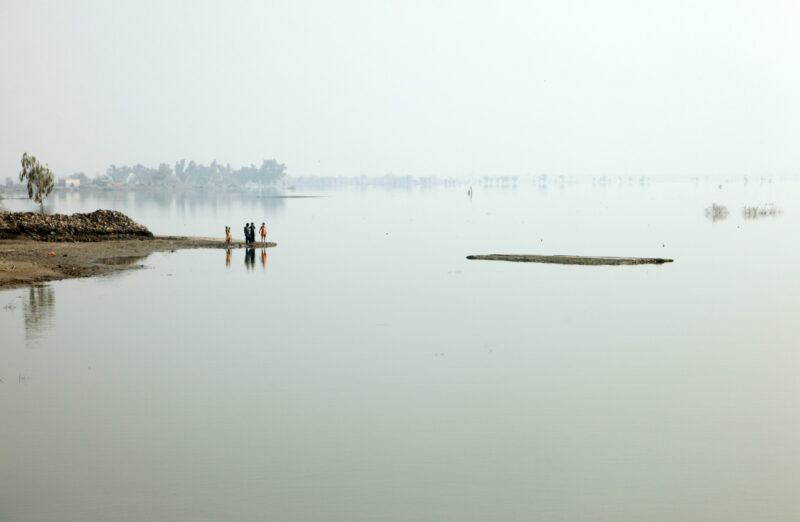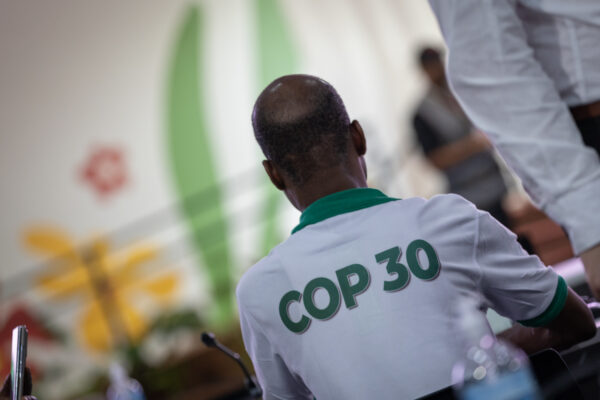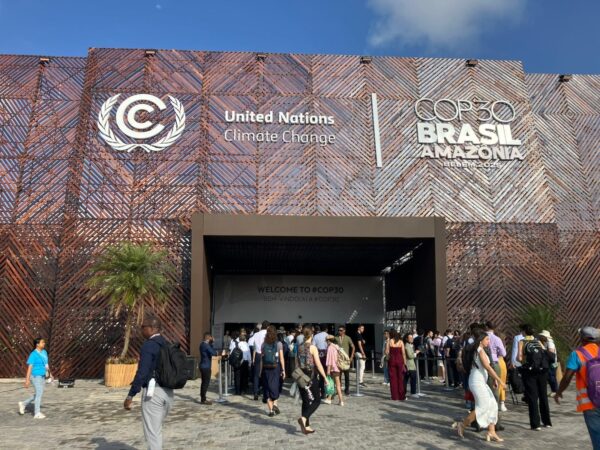Pakistan’s third major flooding event this summer highlights the escalating risks of climate change
Climate change is driving increasingly extreme rainfall and multiple types of flooding in Pakistan - one of the world’s most climate-vulnerable but lowest-emitting countries
Share

Media alert
Quote from Dr Fahad Saeed, Climate Analytics’ Senior Climate Scientist based in Pakistan
"The science is clear: as we approach 1.5°C, rainfall is becoming more extreme, triggering multiple types of flooding. Pakistan is among the most climate-vulnerable nations, but it emits less than 1% of global greenhouse gas emissions. Repeated climate shocks like Pakistan is experiencing illustrate the disproportionate burden borne by low-emitting countries, and the urgent need for global emissions cuts. Until global emissions fall, rapidly and drastically, these disasters will only intensify.”
Key climate impacts
- A recent study co-authored by Dr Saeed for World Weather Attribution (WWA) finds climate change increased rainfall intensity by at least 15% during Pakistan’s heavy monsoon earlier this summer, fuelling widespread destruction.
- Compound effects: These back-to-back climate shocks prevent countries like Pakistan from building long-term resilience.
Three distinct flood types have occurred this summer in Pakistan:
- Urban flooding in Punjab cities including Lahore and Rawalpindi.
- Mountain floods and mudslides in Khyber Pakhtunkhwa, worsened by a Glacial Lake Outburst Flood in Gilgit-Baltistan.
- Riverine flooding along the Ravi, Sutlej, and Chenab rivers.
What's next:
Meteorologists warn of further heavy rainfall in early September, raising the risk of new urban and flash floods across Punjab and adjoining areas, undermining recovery efforts.
Background:
Pakistan, which contributes less than 1% of global greenhouse gas emissions and contains just over 3% of the world’s population, is one of the most climate-vulnerable nations. After the 2022 floods, which affected 33 million people and caused nearly US$30 billion in damages, recovery remains incomplete. Today, recurrent flooding is again displacing millions, illustrating the injustice of climate impacts borne disproportionately by vulnerable countries, as well as within countries disproportionately by vulnerable, often low-income, population groups.
UK Department for International Development's photo, licensed as CC BY 2.0.











